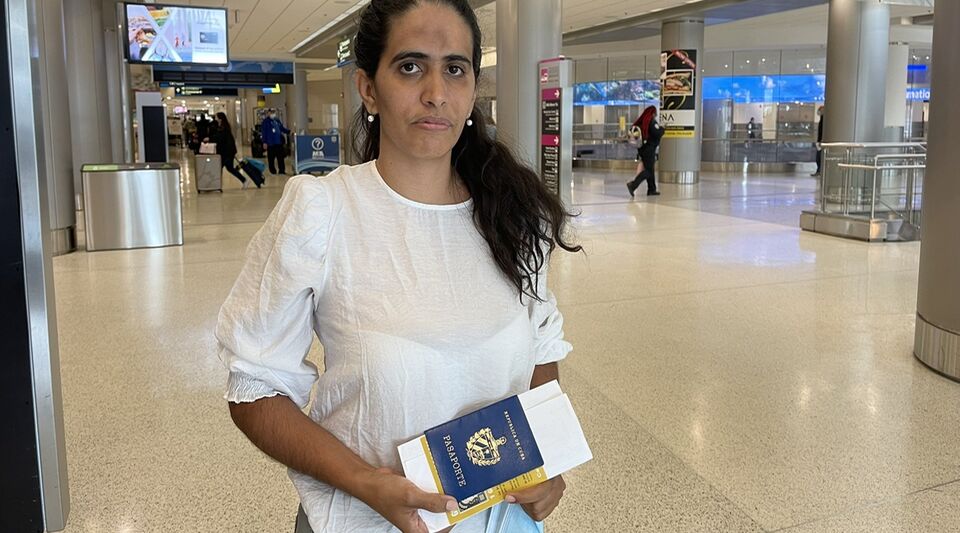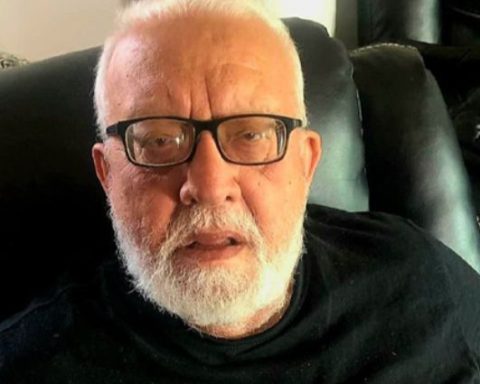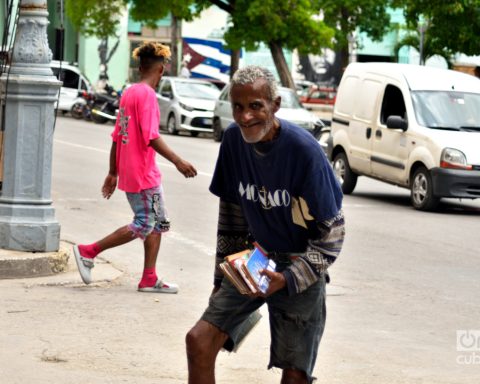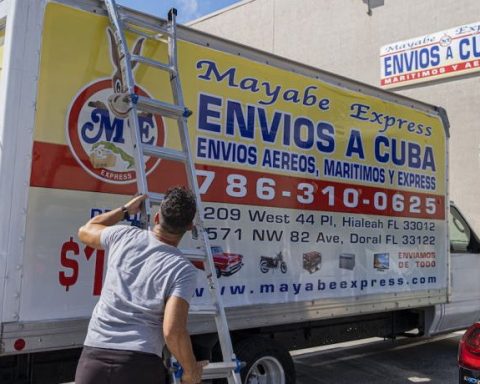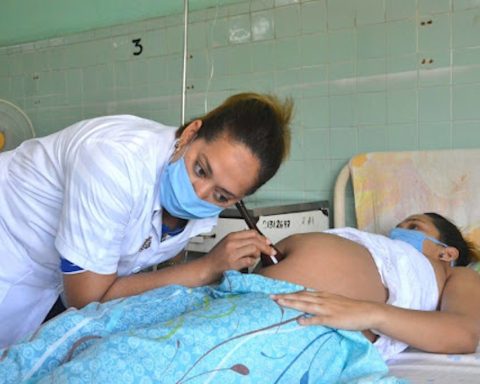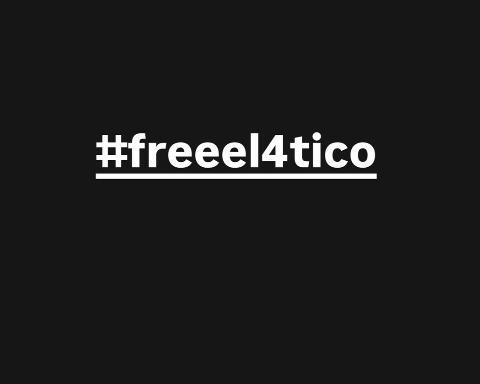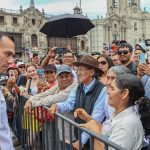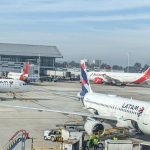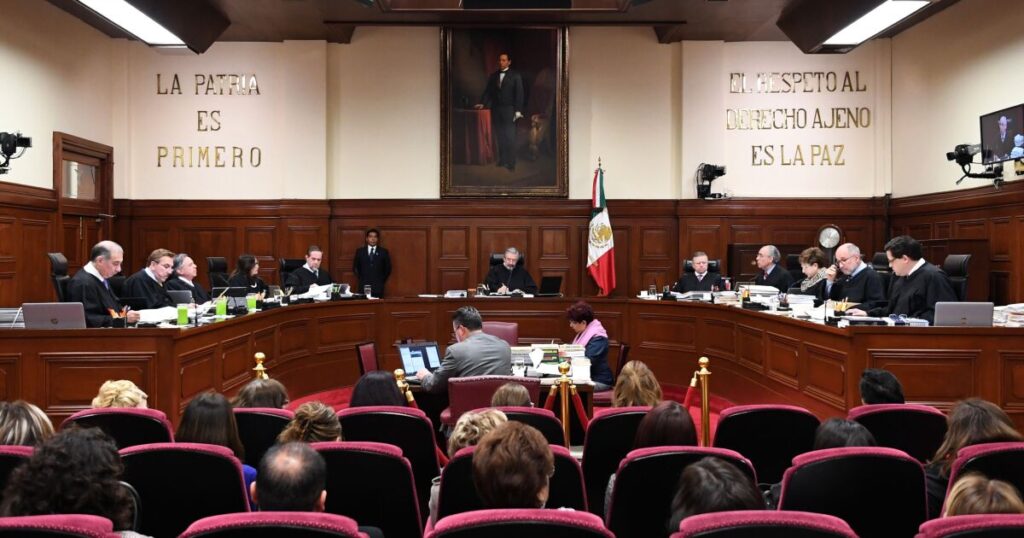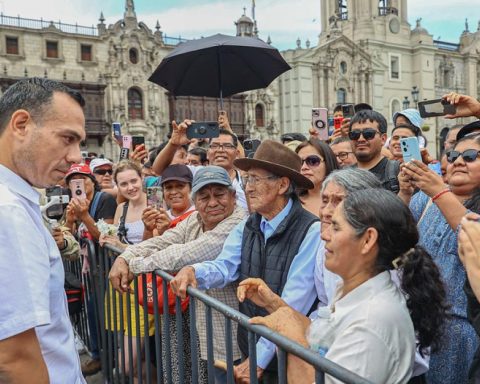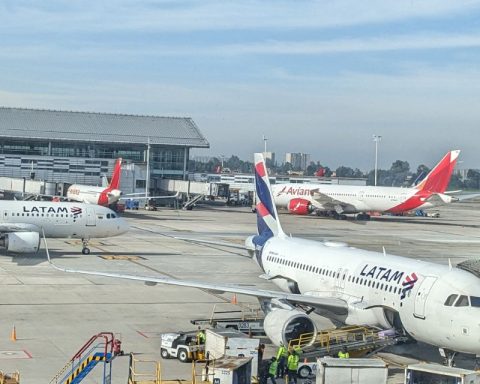The experts consulted by 14ymedio they have found no precedent for the Government to have vetoed the entry of a Cuban citizen residing on the Island, as happened this Wednesday with the art curator and activist Anamely Ramoswho was unable to board his American Airlines flight to Havana.
The director of the Miami airport, with whom Ramos met after expressing his intention to stay in the terminal if he was not allowed to travel to Cuba, assured the media gathered at the scene that it is the first time he has encountered such a case. .
Lawyer Eloy Viera recalls, in statements to 14ymediothat other Cubans went through a similar situation, but the “particularity” in this case is that Anamely Ramos “has not lost her rights, because she has not been outside of Cuba for more than 24 months.”
Cuban law establishes that if a national remains outside the country continuously for more than two years, he loses his residence and, with it, rights such as voting or medical assistance. Many émigrés have been prevented from entering the country for this reason.
“I’ll go to a public place and camp there, because right now I don’t have a home, I don’t have a country and I’m not going to go to anyone’s house who wants to take me in and I don’t want to ask for asylum.”
However, the case of Anamely Ramos is different since she has not lost her rights. Her decision to veto her entry to the island is clearly a “repressive” act that sends “a very clear political message: no Cuban is safe and her return to Cuba can be prevented once she get out.”
“In what has happened with Anamely, there is a break,” he argues, because “she has no other place to legally regularize herself and her only legal hold was Cuba, and even so they decided to deny her entry.”
In this regard, the lawyer mentions the case of the activist Lidier Hernández Sotolongo, a Cuban resident in Uruguay, who was not prevented from entering, but who, once inside the island, was regulated. Precisely, he points out, “one of the arguments used by officials in that case was that legal residents on the Island could not be prevented from entering but they could be prevented from leaving.”
After a meeting with Miami airport authorities and with employees of American Airlines, Ramos reiterated that his interest was to stay in the place to “put pressure.” However, the director himself warned her that this was not allowed and accompanied her to a meeting with the immigration authorities.
“They have treated me very well,” the activist acknowledged in a direct broadcast. “I’ll go to a public place and camp there, because right now I don’t have a home, I don’t have a country and I’m not going to go to anyone’s house who wants to take me in and I don’t want to ask for asylum.”
In a live broadcast on his Facebook profile, he had explained that the airline did not specify the reasons why the regime denied him entry, and that it simply told him that “there is a protocol with Cuba and with all the countries of the world ” that they “have to abide by”.
The fact that Ramos complied with all the legal and health requirements to enter the island suggests that the Cuban government activated article 24 of the Migration Law. This limits the entry into the national territory to “every person” who, among other activities considered illegal, organizes, stimulates, carries out or participates in “hostile actions against the political, economic and social foundations of the Cuban State.”
This article establishes other assumptions such as “National Defense and Security reasons” or “being declared undesirable or expelled.”
“Cuba’s border has to continue to be in Cuba,” he said. “You can not be at the gate of American Airlines, that is inadmissible”
This Cuban norm violates the Universal Declaration of Human Rights in its article 13, which recognizes the right “to move freely and choose one’s residence in the territory of a State” and “to leave any country, including one’s own, and to return to one’s country”.
For Viera, article 24 is a mechanism “that increases the administrative discretion” that the regime has when deciding “without the need to substantiate or notify” the affected person. “The fundamental problem with this is that it is a decision that is made behind the backs of the people, they only find out if they are going to board a plane to Cuba, they are outside the island without the administrative authority notifying them even through a resolution or a document that can be fought later in court,” he added.
In addition, he believes that it is “outrageous from any point of view of law” even from the way the article is written. “The term you use is “undesirable”, who wants a person to access Cuba, who is that authority, under what criteria?” questions Viera, who assures that this way of formulating “what it does is favor arbitrariness and the discretionary and generate defenselessness in the person who suffers it and has no way to fight it”.
In statements to the press gathered at the international terminal, Ramos denounced the attitude of the airline. “Cuba’s border has to continue to be in Cuba,” he said. “You can’t be at the gate of American Airlines, that’s inadmissible.”
This Wednesday afternoon, Ramos left the airport and explained that, according to the regulations, “no one can stay who is not going to board a plane” and American Airlines maintains its decision not to let her board a flight to the Island. “I will continue the protest in public space, in front of Versailles. This continues. My demand continues to be that my #RightToReturn be respected.”
The official Tomás Alcala, official of @MiamiDadeCountyask @AnamelyRamos what can the mayor do @MayorDaniella before your situation. This is Anamely’s answer: pic.twitter.com/FOIU9Jo2Mw
– Norges Rodríguez (@norges14) February 16, 2022
________________________
Collaborate with our work:
The team of 14ymedio is committed to doing serious journalism that reflects the reality of deep Cuba. Thank you for joining us on this long road. We invite you to continue supporting us, but this time becoming a member of our journal. Together we can continue transforming journalism in Cuba.
